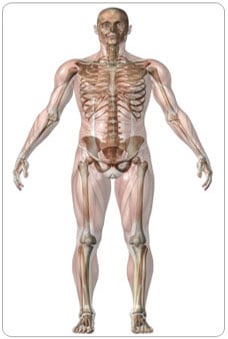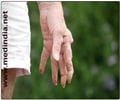Osteogenesis Imperfecta - FAQs
1. Who or which specialist is the doctor that needs to be consulted in osteogenesis imperfecta?A pediatrician needs to be consulted in order to confirm the presence of the disease.
2. What can be done to minimize the impact of the disease?
The baby needs to be protected to make sure that it does not frequently fall or get hit by hard objects. These could result in multiple fractures.
3. Is there any way to know if I have the trait of this condition that can be transmitted to my offspring?
Most hospitals in metros offer genetic counselling before the delivery. Some tests can also indicate if the fetus has any genetic abnormalities. Besides these tests, there is no way to be certain that the fetus will be born with osteogenesis imperfecta.
Other features of the disease include deafness, lethargy in ligaments as well as a peculiar electric reaction in the muscles. This is because they do not have a proper bony skeleton for support. There are some abnormalities in the skull as well with the shape of the skull being severely deformed.
Since this is a disease of the calcified tissues, the teeth are also affected, and acquire a grayish tinge. Many patients suffering from osteogenesis imperfecta have a tendency for capillary bleeding. As of now, no known bleeding defect exists in association with the condition, but the former has been known to frequently occur in these patients.









